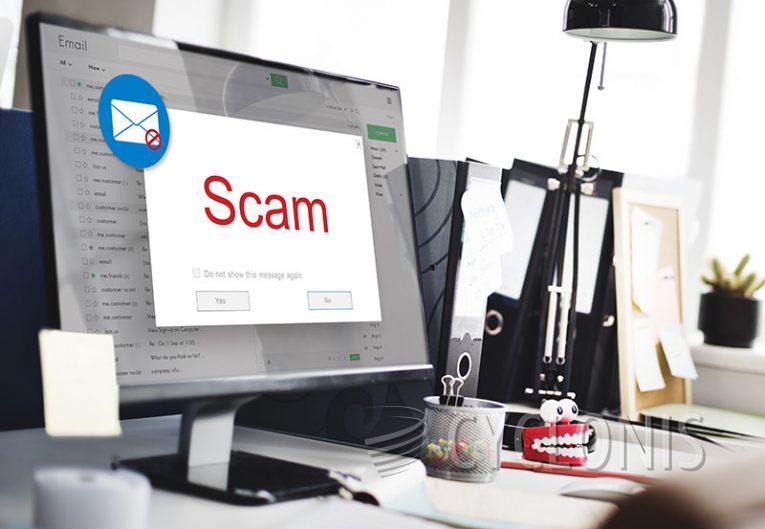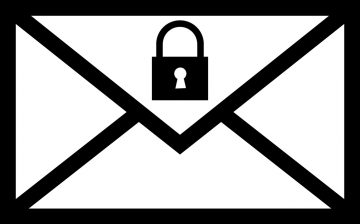Reserve Bank of Australia Email Scam

Upon examination, it became evident that the email in question represents a phishing scam disguised as a notification from the Reserve Bank of Australia. Crafted by fraudulent actors, the deceptive email seeks to entice unsuspecting recipients into divulging sensitive personal information. Recipients must exercise vigilance to avoid succumbing to such malicious tactics.
The phishing email claims to originate from the Reserve Bank of Australia and bears a subject line referencing a "Consultation Paper," prompting the recipient to reach out for further details. However, it is now apparent that the email is fraudulent.
As stated in the email, this purportedly marks the sender's third attempt to establish contact. It falsely asserts that an individual named Mrs. Joan from Sydney has purportedly arrived to claim funds in the recipient's name, insinuating that the recipient is deceased. Subsequently, the email urges the recipient to confirm their status within a specified timeframe before funds can be released, providing an email address and a reference docket number for communication.
Upon engaging with the scammers, various tactics may be employed, including phishing for personal information (such as passwords or credit card details), initiating fraudulent financial transactions, or disseminating malware through malicious links or attachments. Falling victim to such a scam could have severe repercussions.
Disclosure of personal information or financial details could lead to identity theft, wherein the scammer exploits the victim's credentials for unauthorized purposes such as opening fraudulent accounts or making unauthorized purchases. Additionally, victims may incur financial losses if the scammer carries out unauthorized transactions using the obtained information.
What Are the Top Five Signs an Email is a Scam or Fraud?
Identifying scam or fraudulent emails can help you protect yourself from potential threats. Here are the top five signs to look out for:
Unsolicited Emails: If you receive an email from an unknown sender or an unexpected source, especially if it requests personal information, financial details, or urges immediate action, it could be a scam. Legitimate organizations typically do not reach out to individuals unsolicited for such purposes.
Urgency or Threats: Scam emails often create a sense of urgency or use threats to pressure recipients into taking immediate action. They may claim that your account is at risk, that you owe money, or that legal action will be taken if you don't comply. Be wary of emails that demand immediate responses or threaten negative consequences for non-compliance.
Spelling and Grammar Errors: Scam emails often contain spelling and grammar mistakes, awkward phrasing, or poor formatting. Legitimate organizations typically have professional communication standards and carefully proofread their emails before sending them out. Be suspicious of emails that contain noticeable errors or inconsistencies.
Suspicious Links or Attachments: Be cautious of emails that contain links or attachments, especially if you weren't expecting them or if they seem unusual. Scammers may use malicious links to steal your personal information or infect your device with malware. Avoid clicking on links or downloading attachments from suspicious emails.
Requests for Personal or Financial Information: Legitimate organizations rarely request sensitive personal or financial information via email. Be cautious of emails that ask you to provide passwords, account numbers, social security numbers, or other confidential information. Scammers may use this information for identity theft or fraudulent purposes.
By being vigilant and recognizing these signs, you can better protect yourself from falling victim to email scams or fraud. If you're ever unsure about the legitimacy of an email, it's best to err on the side of caution and verify its authenticity with the organization directly through official channels.








